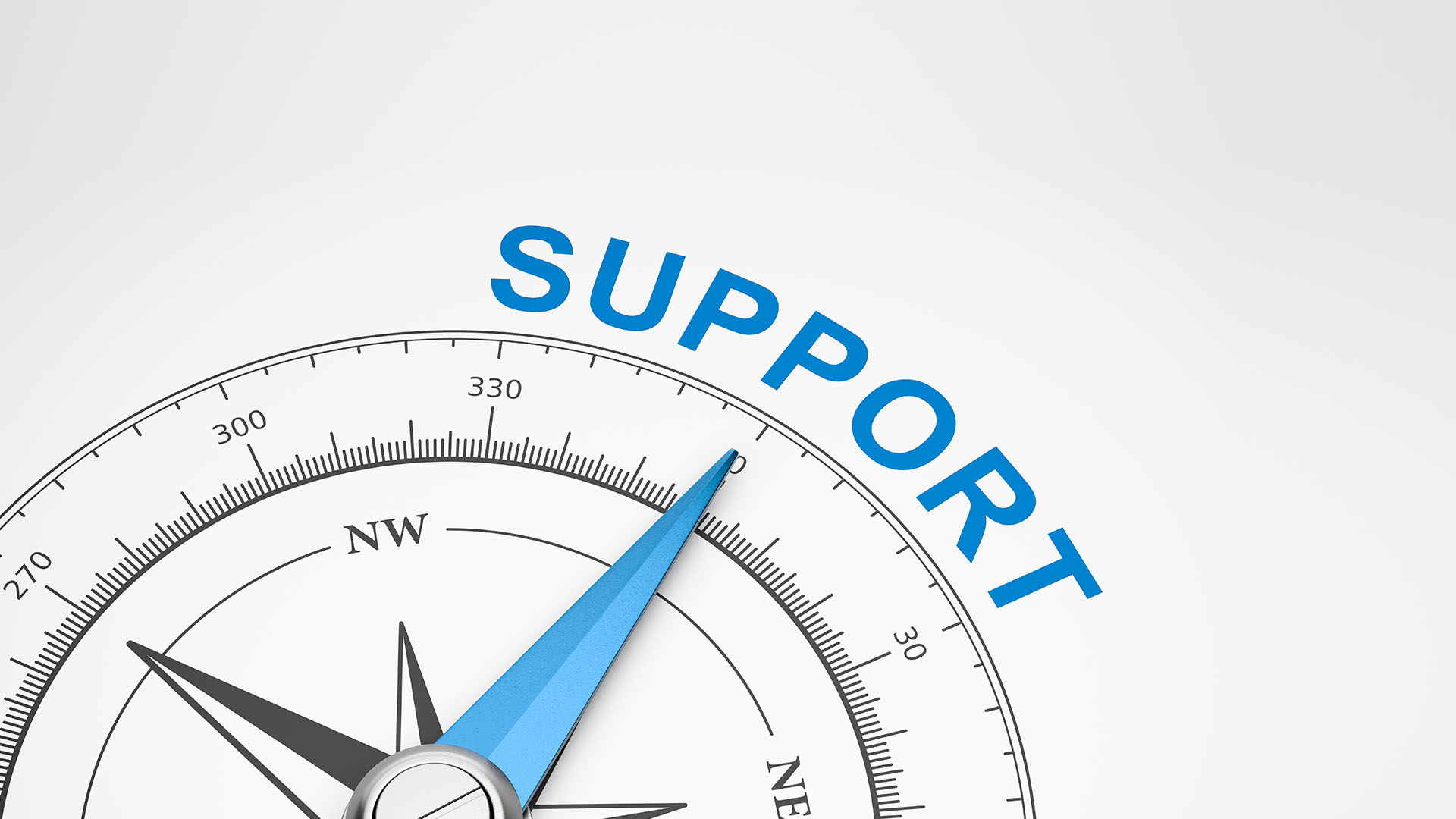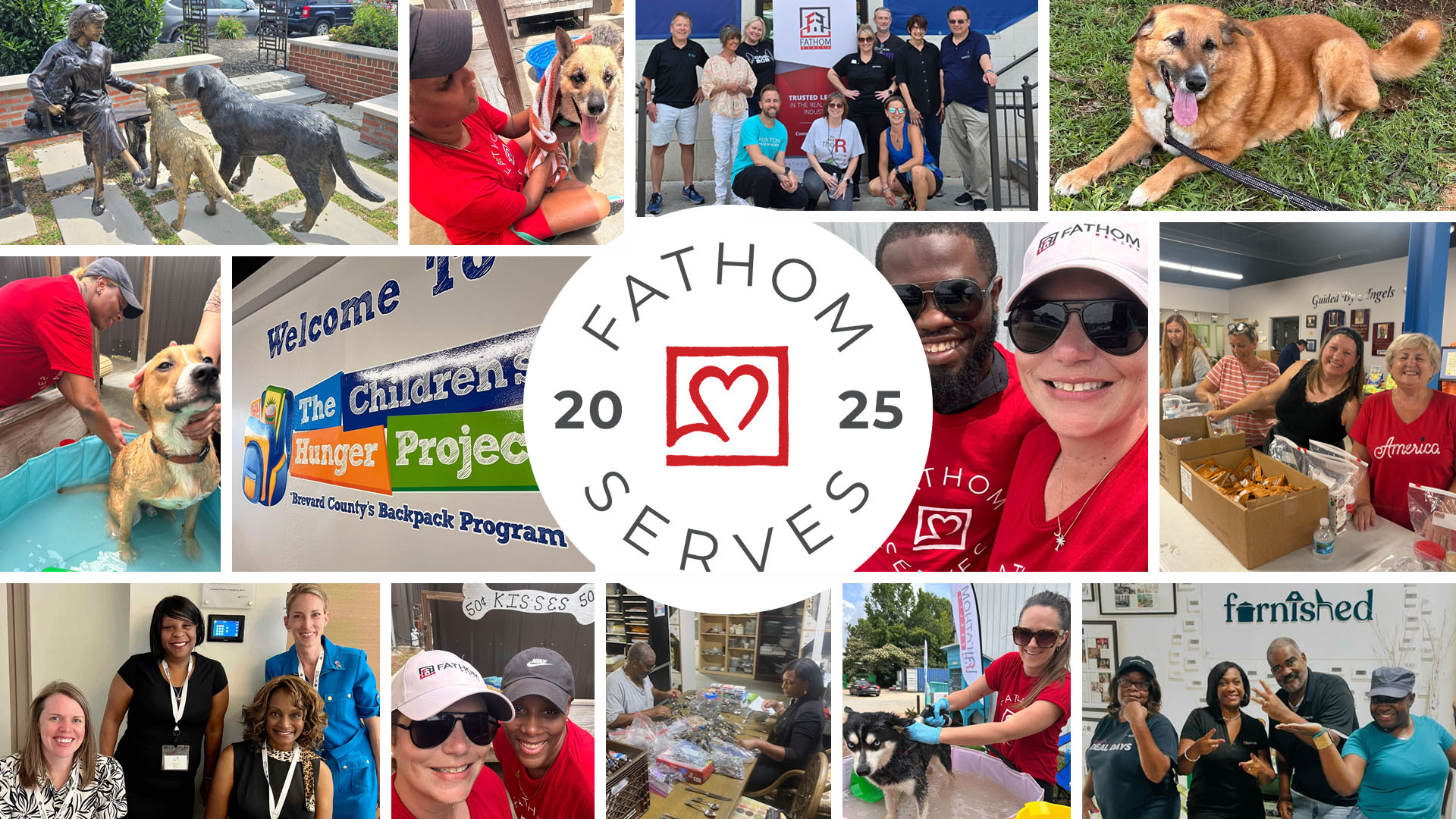
We believe in supporting others by sharing ideas, resources and helping each other grow both personally and professionally. Therefore, we will strive to exceed expectations at each and every opportunity.
It all started in the 16th Century as “pick pack.” Pick was a term that meant carrying a load on someone’s back. Somewhere along the line, it morphed to meaning carrying a person on your shoulders. Then for some unknown reason changed to pick-a-back and meant carrying a person on your back. Once again and due to confusion over the word pick and the word pig, the phrase was again changed to pig-a-back. Then finally, in the 18th Century, author Barnyard Rush Hall wrote in his work, The New Purchase: Or, Early Years in the Far West, a tale of some rowdy folks who began having fun racing with pigs on their back. And from there, the term “piggyback ride” has been forever etched into our vernacular.
Every one of us has probably given another person a piggyback ride. When my three kids were young, there were many occasions where at least one was riding perched upon my back while I carried them to a destination. I thought of this phrase when considering the Latin origin for the word “support,” which comes from two Latin words: below and carry.

One of my all-time favorite movies is Hacksaw Ridge, the true story of World War II hero U.S. Army Medic Desmond T. Doss. (If you haven’t seen the movie, I highly recommend it). Doss was a Seventh Day Adventist who was known in his company for his devotion to his convictions. Two of those were his refusal to do any work on Saturday, the Sabbath day, and his refusal to carry a weapon as a conscientious objector of the war. Doss felt his calling was to heal and not to kill. Therefore, he chose to be a medic.
Doss’ company was a part of the battle on Okinawa in the Pacific. The fighting on that island was fierce and treacherous. Doss’ company was tasked with traversing a 400 ft. high rock cliff nicknamed Hacksaw Ridge. Entrenched on the plateau were thousands of heavily armed Japanese soldiers hidden in caves. On May 5th,1945, Doss was the only medic left in his company during a U.S. advance. The fighting got so intense that orders were given for the U.S. forces to retreat. But Doss refused to withdraw from his duties, and as a result, the only ones left on the plateau on that fretful night were Doss, the Japanese, many wounded and abandoned U.S. soldiers and the dead. Unbelievably, miraculously, unarmed, and against overwhelming odds, Doss searched out the wounded one by one. Courageously that night, he carried many of the injured on his back through the battlefield and back to the edge of the Hacksaw Ridge cliff. And then, one by one, Doss lowered the wounded to safety. It is estimated that Doss saved approximately 75 lives.

What an incredible demonstration of support – “below and carry.” Obviously, I’m not suggesting that we physically carry someone on our back in our roles as leaders or team members. But great leaders and committed team members sometimes have to get “below and carry” another team member and provide assistance, training, encouragement, or guidance. That is what genuine support is all about. We share experiences, ideas, and resources both personally and professionally.
I want to offer a few tips to equip you to get “below and carry.” And hopefully, you will enjoy offering some piggyback rides of support as you learn, grow, and implement these practices.
- Communicate regularly. Open, honest, and brave communication is the foundation of any successful team.
- Be inclusive. Be cognitive of the different range of personalities, preferences, and convictions of your team members.
- Empower others. Delegation demonstrates trust and builds confidence in those empowered.
- Inspire. Inspire others through your life, work, and conversations. Practice optimism and look for ways to motivate your team or team members passionately.
- Support those who support you. In other words, have the back of those that have yours.
- Work on your emotional intelligence. This skill involves managing, understanding, and using your emotions to better a situation, and not hinder it.
- Don’t sweat the small stuff. Choose your battles. Keep the main thing, the main thing, and set your priorities.
- Acknowledge and reward. Great leaders rarely take credit for their successes. Instead, they pay homage to their team and colleagues. “Atta-boys” go a long way!
- Walk the walk. Accountability empowers great leaders. Vulnerability is the key to accountability. And fear and insecurity is the enemy of vulnerability.
Written by William “Billy” Nunez
Director of Culture, Fathom Realty
Florida State Broker
More in Culture
Fathom Serves: Agents Making a Difference Across the Southeast and Mid-Atlantic
Latest on the Blog

Kick Off 2026 With Confidence: RISMedia’s Rocking in the New Year Event






